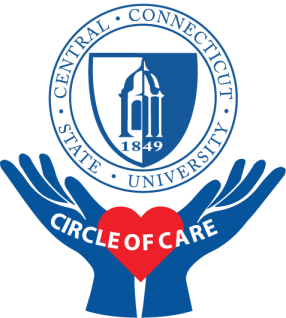

In the State of Connecticut, 538,529 households (40 percent) cannot afford basic necessities such as housing, child care, food, transportation, health care, or technology. A single adult needs to make $24,672 a year, or $12.34 an hour, to meet a household survival budget. A family of two adults, one infant, and one preschooler needs an annual income of $77,832, or $38.92 an hour, to meet the same basic needs. A job that pays minimum wage will not allow an individual or household to cover these costs. Sixty-five percent of the households in New Britain fall below the household survival line.
Students who lack these necessities run the risk of diminished academic performance, concentration, and mental health. Consider the following statistics from Hopes Labs, University of Wisconsin: